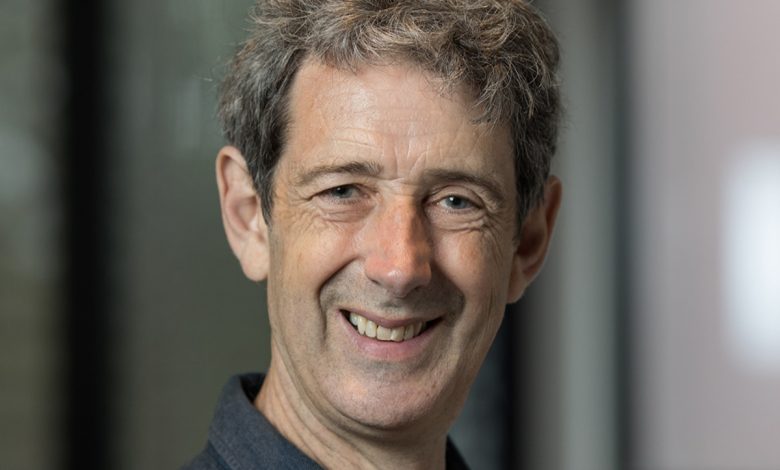The War the World Forgot (1-2)

Mr. de Waal is the executive director of the World Peace Foundation at Tufts University and a former adviser to the African Union High Level Panel on Darfur. Mr. Mohammed is a former official of the United Nations-African Union Mission in Darfur.
There’s a genocide in the making in Darfur, Sudan — for the second time in 20 years. This time, the violence is happening on President Biden’s watch, and he and his administration have not done enough to stop it. But there are two things Mr. Biden can do today that could have real impact: Stop America’s Middle Eastern allies from arming the perpetrators and get behind a Kenyan-led African initiative to end the bloodshed.
In recent weeks, Sudan’s paramilitary Rapid Support Forces, a mercenary-commercial enterprise, has overrun four of the five main cities in Darfur, a region in western Sudan. Each conquest has been followed by massacre and pillage targeting communities of the cities’ darker-skinned residents. After the Rapid Support Forces seized the town of Ardamata on Nov. 4, some 1,500 people were slaughtered, according to a Darfur human rights group. (A local government official, while not denying the killings, said the exact number of dead could not be confirmed.)
The paramilitaries are mobile and ferocious, and their adversaries in the regular army, the Sudan Armed Forces in Darfur are demoralized and outgunned. It appears as though the Rapid Support Forces campaign will continue until there are no more cities left to pillage, and Darfur’s non-Arabic-speaking communities are ethnically cleansed or reduced to underpaid laborers on land that was once their own. Hundreds of thousands of terrified civilians are now sheltering in the North Darfur capital, El Fasher, the only city in the region not yet overrun by the R.S.F. paramilitaries.
The Rapid Support Forces are the next-generation Janjaweed, the militia that 20 years ago rampaged through scores of villages of people belonging to the Fur, Masalit and Zaghawa communities in Darfur. At that time, the Janjaweed had been mobilized by the president, Omar al-Bashir, to crush Darfuri rebels by way of decimating the region’s non-Arab communities. Militiamen burned, killed, raped and looted. Tens of thousands of civilians were slaughtered. Hundreds of thousands perished from hunger and disease. The Janjaweed, drawn from Arabic-speaking nomads from the desert edge — communities impoverished by decades of neglect along with drought and the advance of the Sahara — sought land and loot.
By September 2004, Secretary of State Colin Powell laid out evidence and declared that the Janjaweed had committed genocide. George Clooney and a host of other celebrities and politicians joined the Save Darfur Coalition to demand that President George W. Bush dispatch international troops to end the killing. They succeeded in focusing the world’s attention on the unfolding crisis: USAID and the World Food Program mounted a major humanitarian operation in the region, and the United Nations and African Union dispatched peacekeepers.
The International Criminal Court also took up the Darfur atrocities, and issued a warrant for Mr. al-Bashir. After his ouster in 2019, the Sudanese authorities jailed Mr. al-Bashir on corruption charges, but they failed to hand him over to the court, where one Janjaweed commander is being tried. One of us, Mr. de Waal, was the first expert witness for the case last year.
Despite all that, a peace deal was not reached quickly, and three million people who had been displaced, most into vast relief camps, couldn’t go home. The killing and burning subsided, and Mr. al-Bashir formalized the Janjaweed into the Rapid Support Forces, headed by the capable and ruthless Lt. Gen. Mohamed Hamdan, widely known as Hemeti. Gold was also discovered in Darfur, and soon the R.S.F. became Sudan’s biggest gold traders, exporting mostly to Dubai, as well as a supplier of mercenaries to Saudi Arabia and the United Arab Emirates’ war in Yemen.
Only in 2020, after nonviolent civil protests ushered in a transitional government promising democracy for Sudan, did Darfur get its long-promised peace agreement. The Darfuri armed rebels returned home and their leaders took government jobs, and the non-Arab communities victimized in the last war began to hope that they might at last return to their former villages. A “joint security-keeping force” of all three parties — former rebels and units of the Sudan Armed Forces and the R.S.F. — was planned to protect civilians and keep the peace. A few months later, the United States joined with other Western governments and shut down, at Sudan’s urging, the U.N.-African Union Mission in Darfur, withdrawing all its international peacekeepers by mid-2021.



